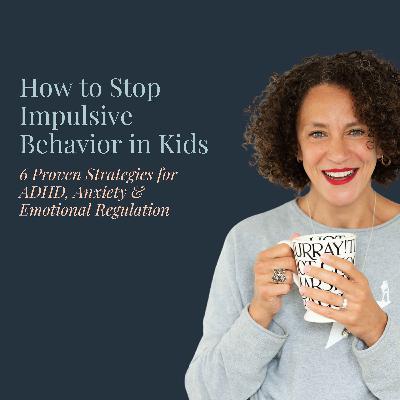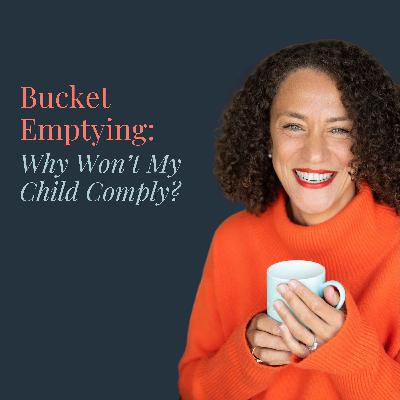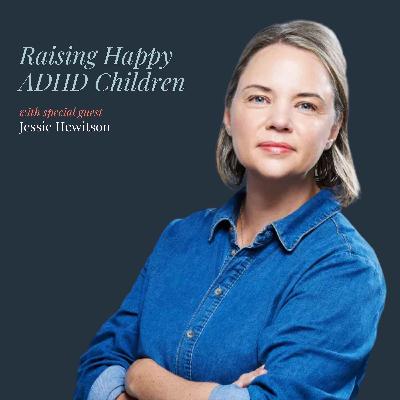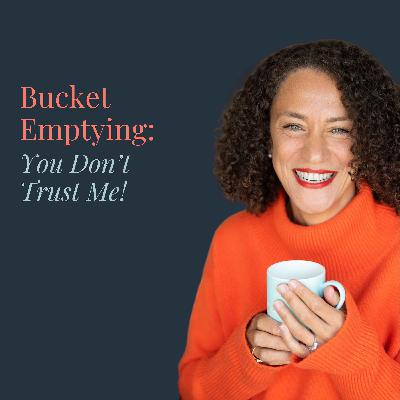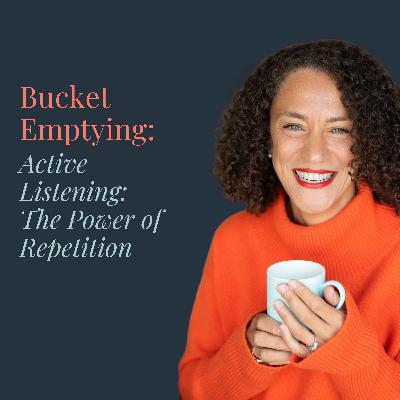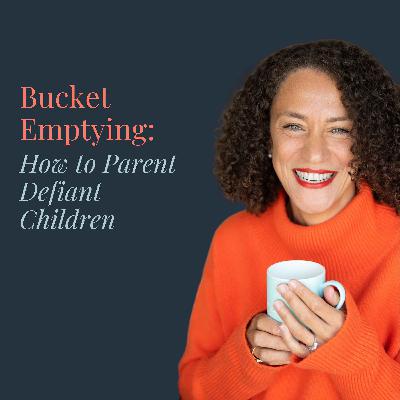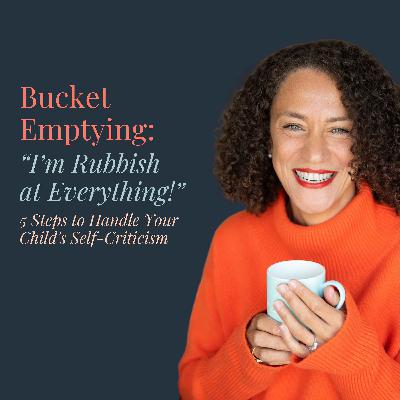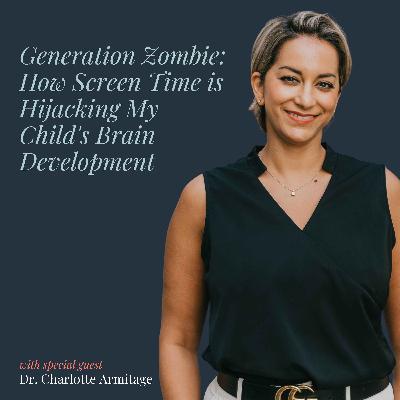How to Stop Impulsive Behavior in Kids: 6 Proven Strategies for ADHD, Anxiety & Emotional Regulation
Description
Struggling with your child's impulsive behavior?
In this episode, I share 6 game-changing strategies to help children break free from autopilot reactions and develop better impulse control. Whether your child has ADHD, anxiety, or gets emotionally dysregulated, these techniques will help them pause, think, and respond more thoughtfully.
I'll walk you through my traffic light zone system to identify when your child needs support most, plus teach you practical tools like the STOP method, 5-4-3-2-1 grounding technique, and my favorite snap card game that makes learning impulse control fun.
These strategies work for neurotypical kids too - and they're just as valuable for us parents when we find ourselves reacting on autopilot. Remember: the brain is a muscle, and with practice, we can all get stronger at managing our impulses.
Key topics covered:
- Understanding impulsivity vs impulses
- The red, amber, green zone system
- 6 practical strategies you can start using today
- Why starting with low-stakes situations is crucial
- How to model impulse control for your children
If you’re a parent of children with ADHD, anxiety, or any child who struggles with big emotions and reactive behaviors, then this episode will be especially relevant.
So find a comfy seat, pour yourself a cuppa, and enjoy the conversation…
Highlights from this episode:
01:02 - The 4 traits of impulsivity
04:09 - Red amber and green zones
09:04 - The brain is a muscle
11:29 - Start with low stakes and easy wins
13:09 - 3 things you can do right now
19:56 - 5, 4, 3, 2, 1
22:55 - STOP
27:26 - Children do what they see
💚 Join our campaign One Million Moments to reduce the number of children struggling with mental health challenges from 17% to 10% by 2025 - https://onemillionmoments.org/
💚 Let’s grow our village together, please share with at least one friend
DISCLAIMER: The content in the podcast is not intended to constitute or be a substitute for professional medical advice, diagnosis, or treatment. Always seek the advice of your doctor or other qualified health care provider with any questions you may have regarding a medical condition. Never disregard professional medical advice or delay in seeking it because of something you have heard on the podcast or on my website.
Hosted on Acast. See acast.com/privacy for more information.

